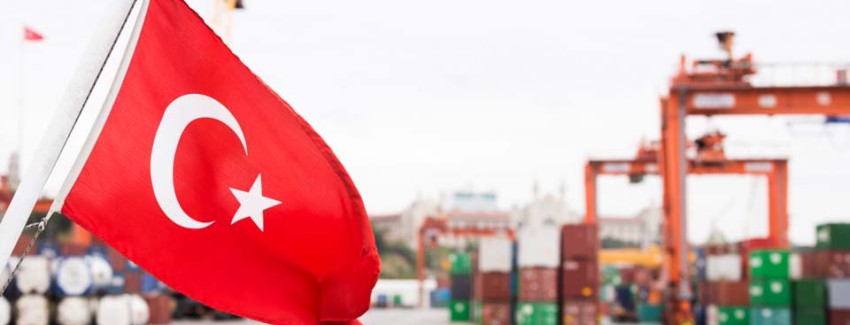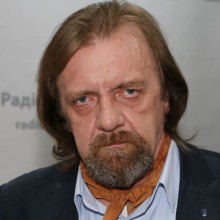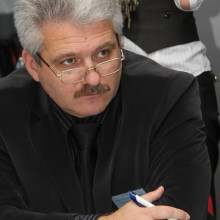Turkey’s recent ban on ships using its ports coming from Crimea could cause disruptions to some trades, it has emerged.
Earlier this month Turkey’s Ministry of Transport and Maritime Affairs said that ships arriving in Turkey from Crimea would not be given persmission to enter the country’s ports. The ban affects all flag states, a statement added.
Andriy Klymenko, chair of the Supervisory Board of the Maidan of Foreign Affairs (MFA), a Ukraine-based organisation monitoring shipping activity in Crimea, noted that it is likely that the shipping will be affected with the newly-imposed sanctions.
“The ships owned by companies of other countries, except Russia, operate primarily exporting commodities from Crimea,” Klymenko said.
“Crimea is exporting grain, soda ash, and scrap metal. Grain is transported mainly to Syria and Lebanon and some amounts are going to Turkey and Albania. Soda ash is exported to Egypt, while metal scrap also comes to Turkey,” he added.
“There is a small import [to Crimea] as well. From the Turkish port of Samsun ilmenite ore [is imported] – a raw material for the production of titanium oxide.”
In September Crimea exported 100,000 tonnes of grain, according to data from the Russia’s Federal Customs Service. In the current season Turkey became the second-largest buyer of Russian grain, after Egypt, importing 2.1 million tonnes.
Russia’s authorities have thus far refrained from comments on how the new sanctions might affect shipping in Black Sea between Crimea and Turkey. Russian officials believe Turkey will not take any steps that might significantly hamper the grain trade.
“Turkey depends on Russian grain supplies, so it is very unlikely that it will ‘bite the hand that feeds it’. They can do without our grain but eventually it would be more costly to purchase it somewhere else,” Arkady Zlochevsky, chair of the Russian Grain Union, said.
In September 2017 a total of 82 ships visited Crimea, violating international sanctions, according to MFA estimates. Of this figure, most ships were from Russia but some vessels were owned by companies from Lebanon, Turkey, Romania, and Egypt.
Only 40 countries joined international sanctions against Crimea, including its ports, according to Klymenko, but more important is that any ship entering annexed peninsula is breaking Ukraine’s laws and could be subjected to criminal and administrative liability.
“The decision of the Turkish authorities was caused by the efforts of Ukraine. It has been taken following a visit of a Prosecutor General of Ukraine to Turkey in September 2017,” Klymenko added.
“In general, it can be said that sanctions [against Crimea] are working and gaining momentum. If in 2014 ships of foreign, in other words non-Russian, ownerships accounted for about 60% of violators in Crimea, at present it makes less than 20%.”
The source material is on fairplay.ihs.com.













